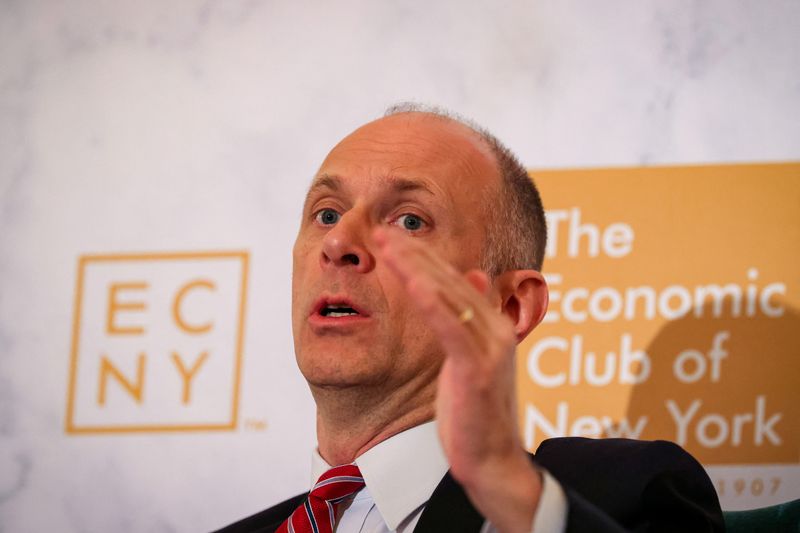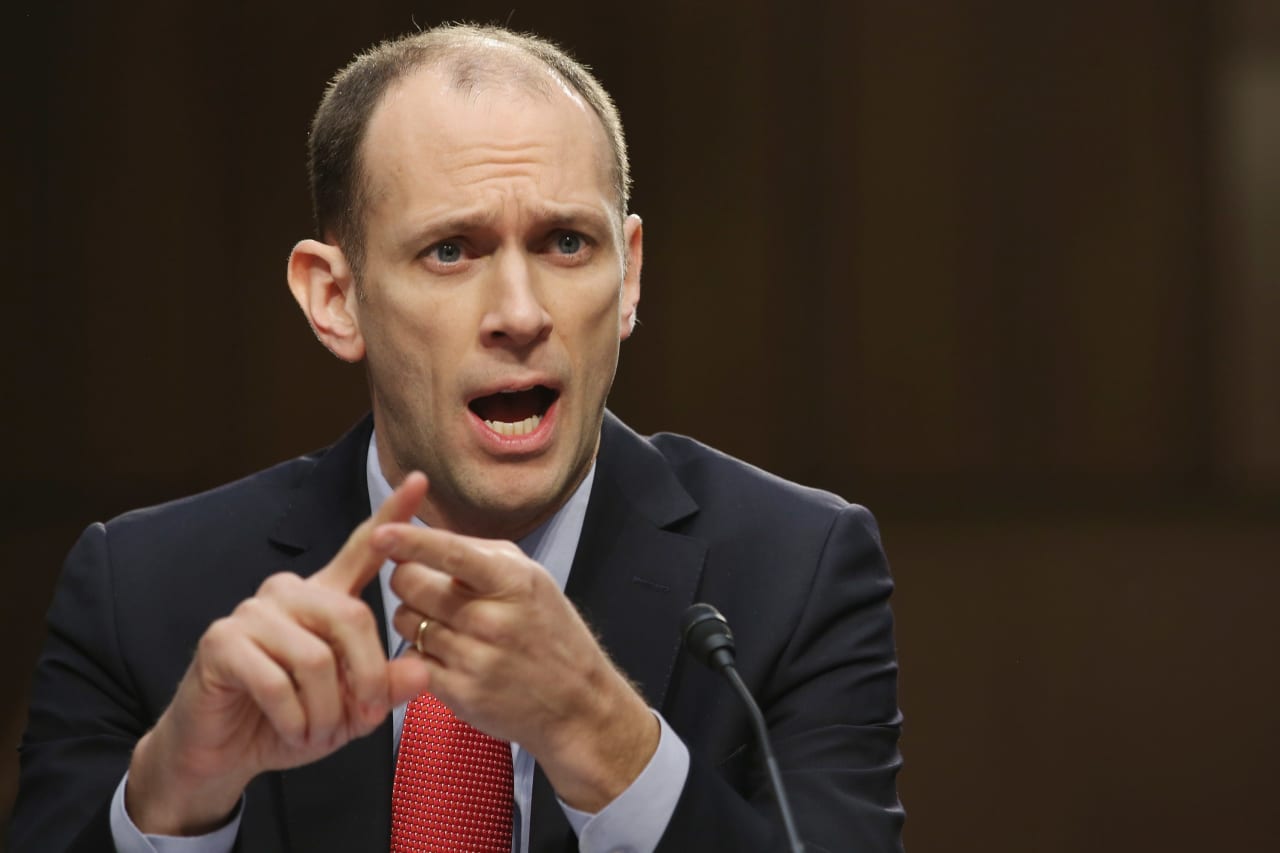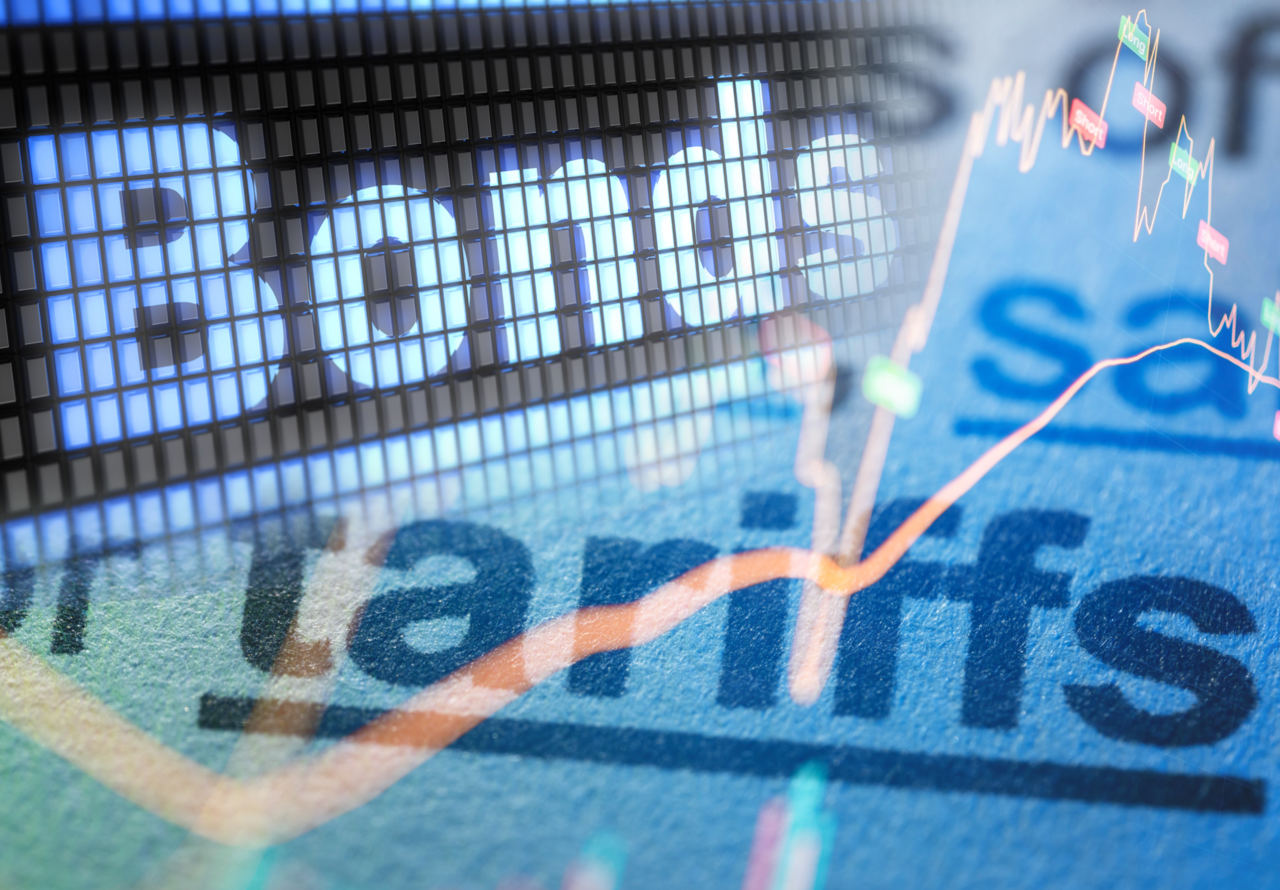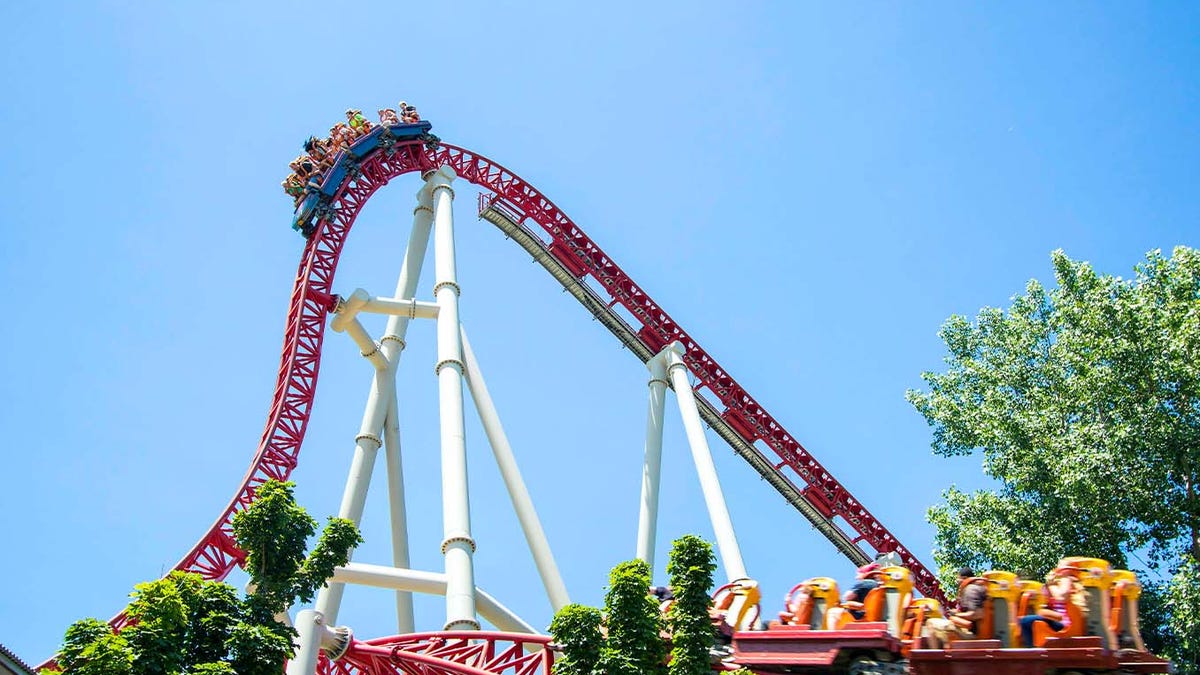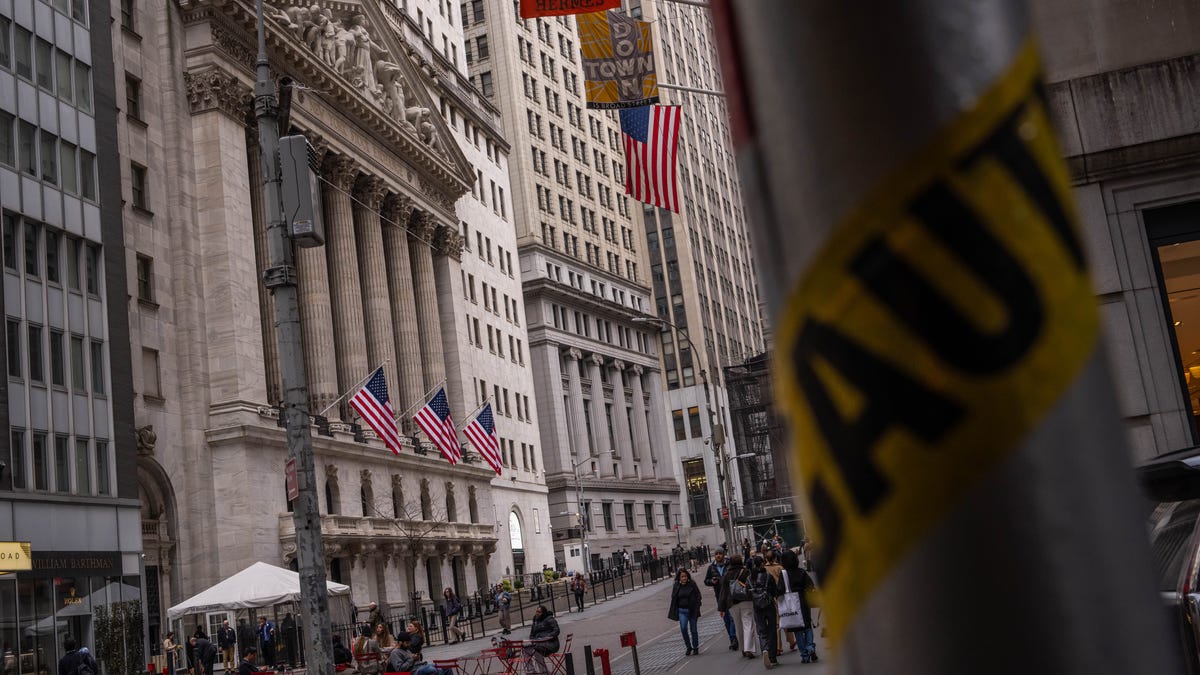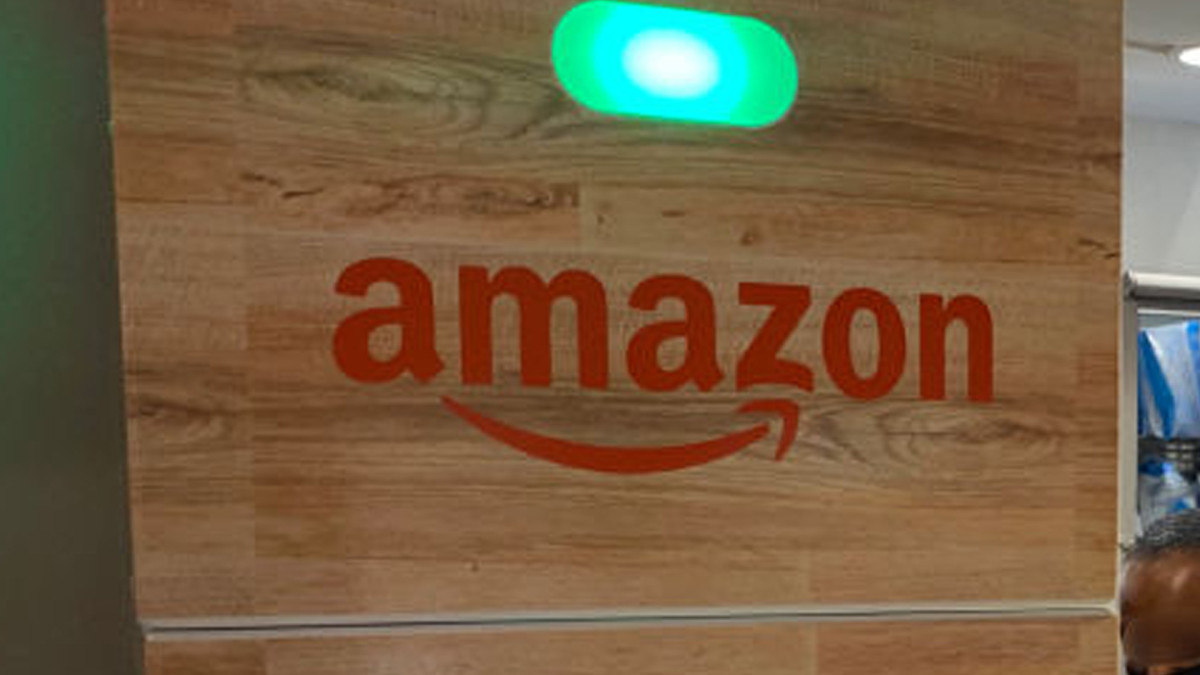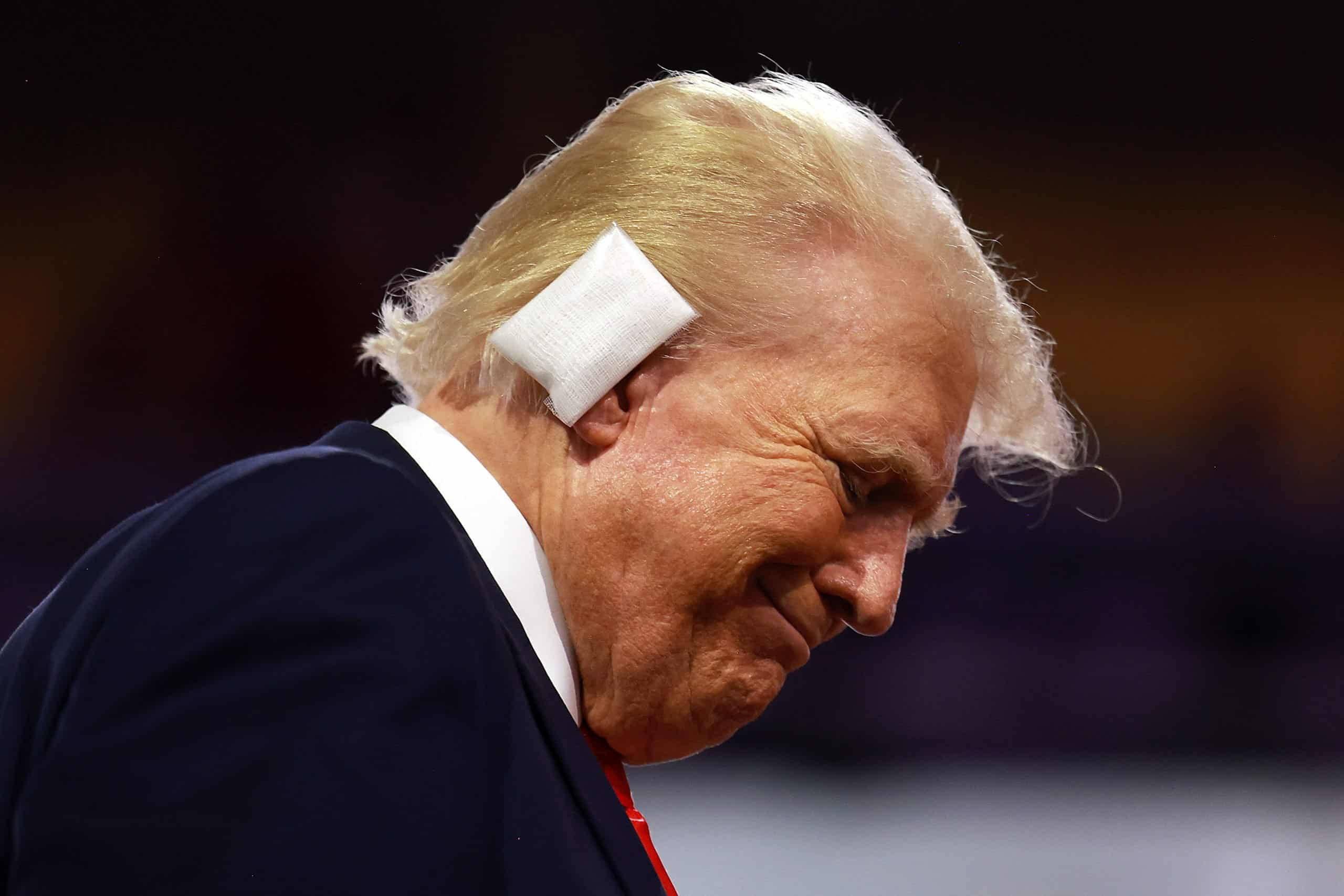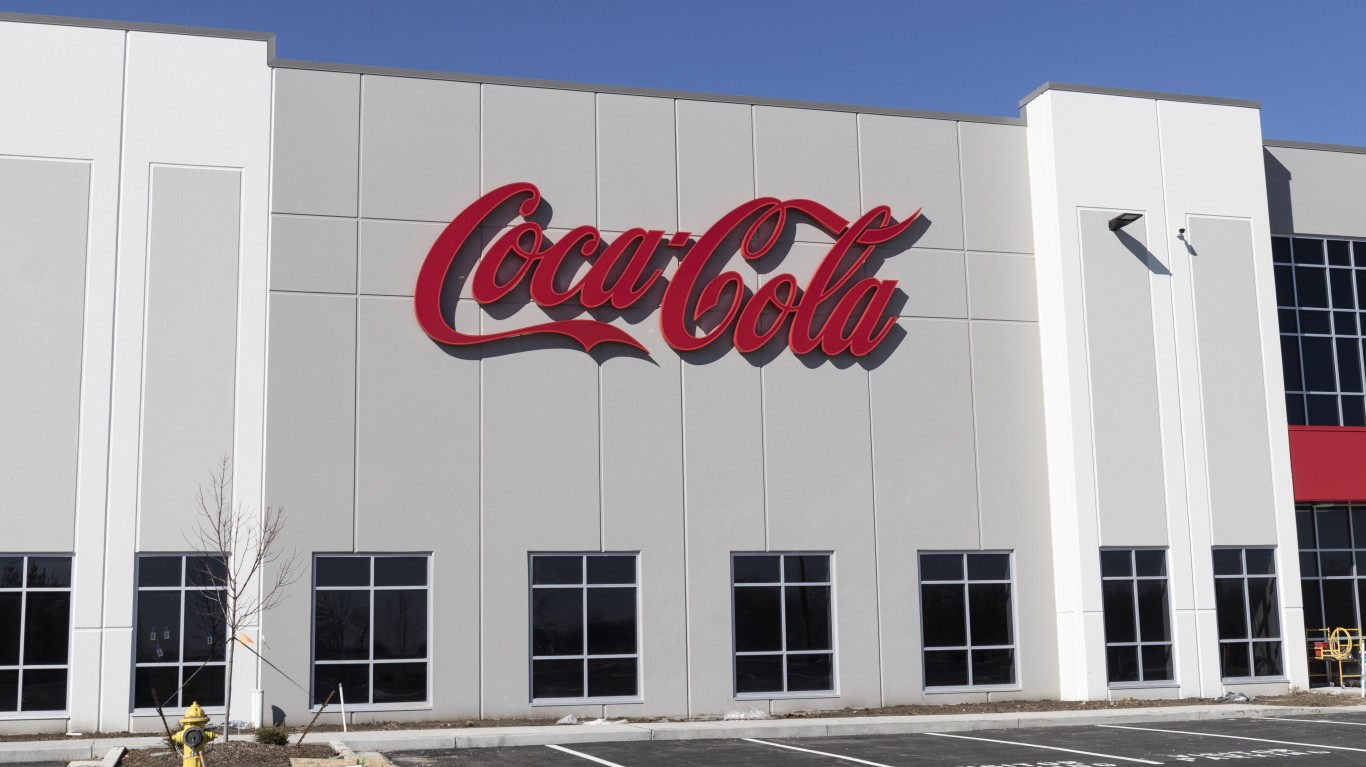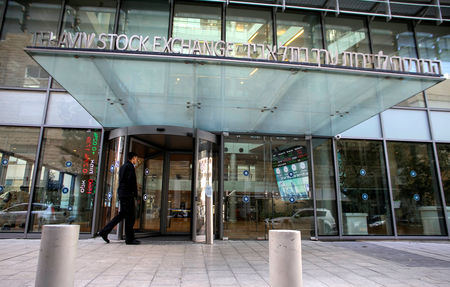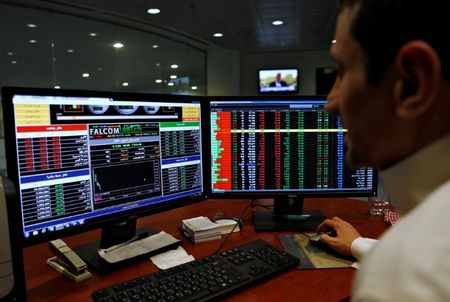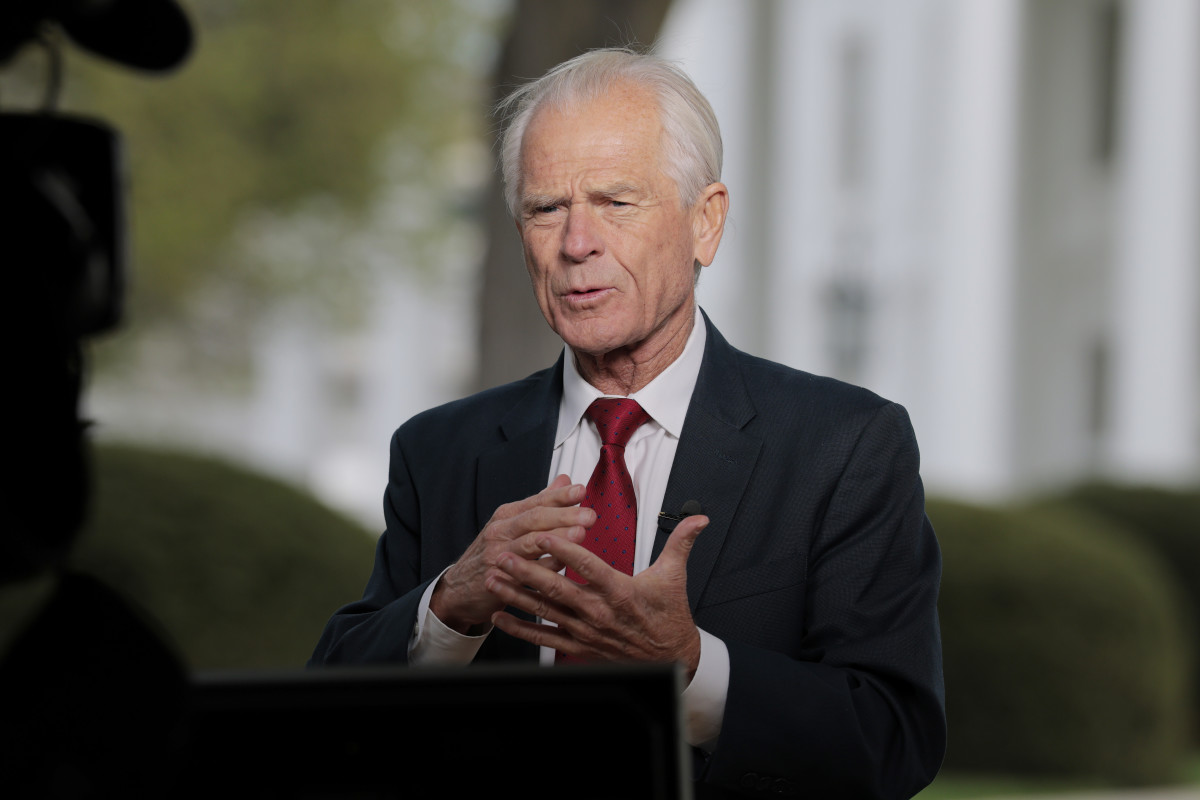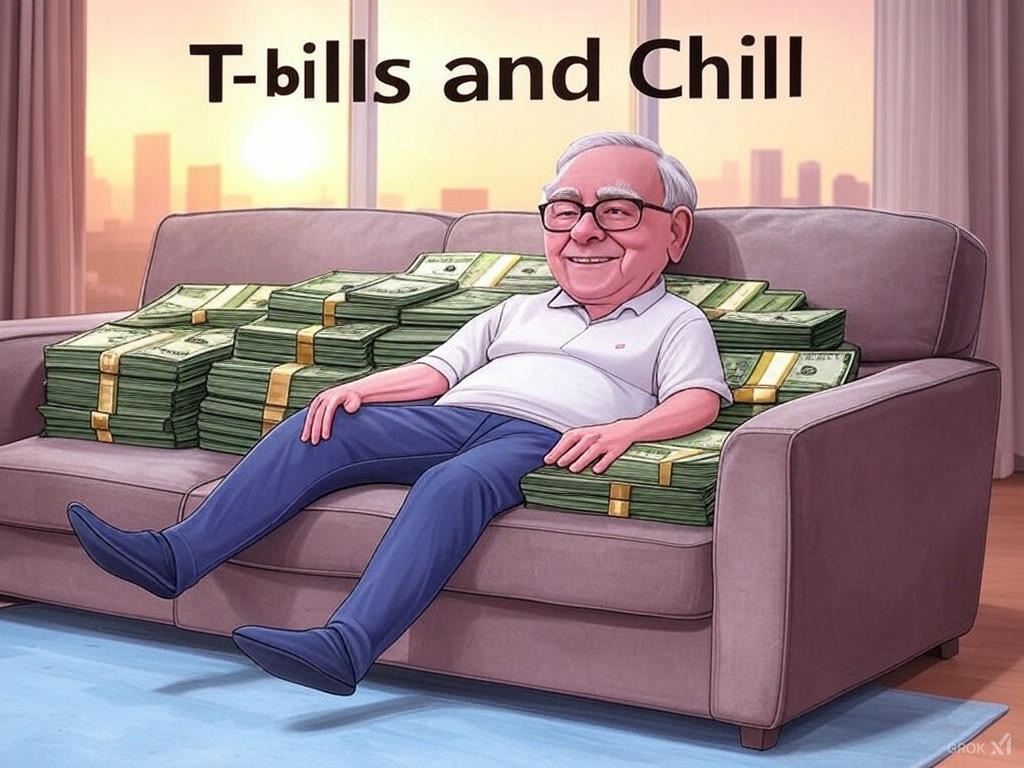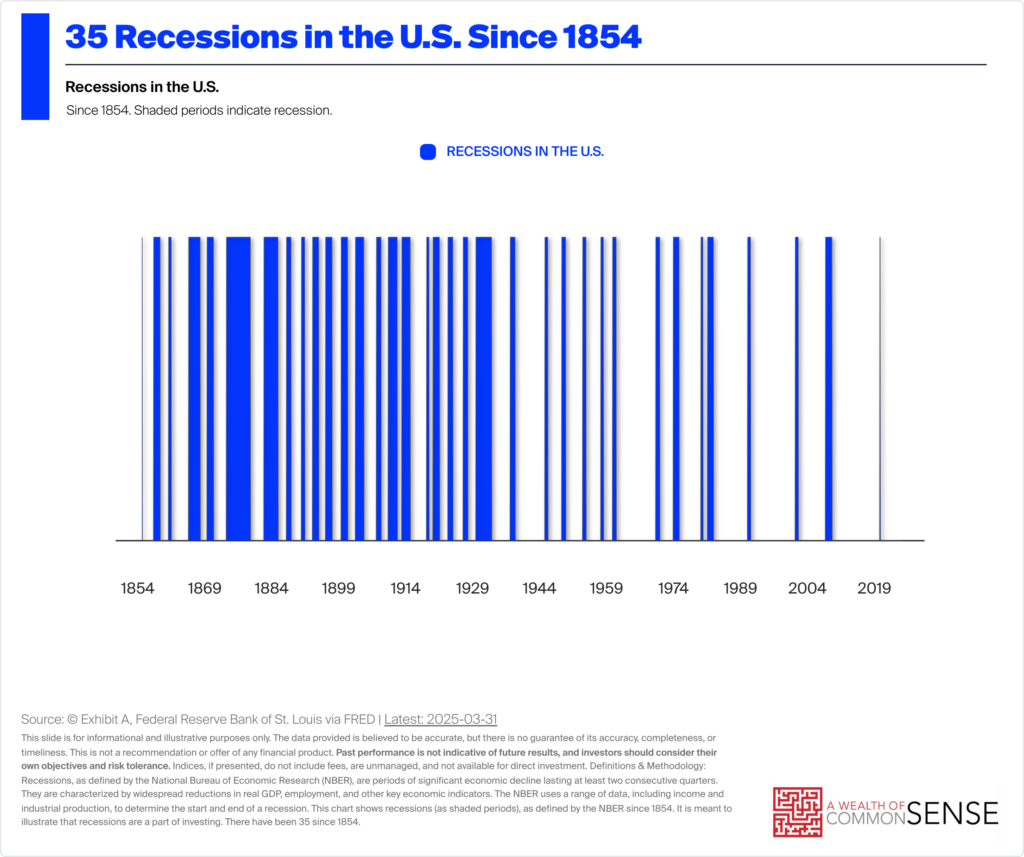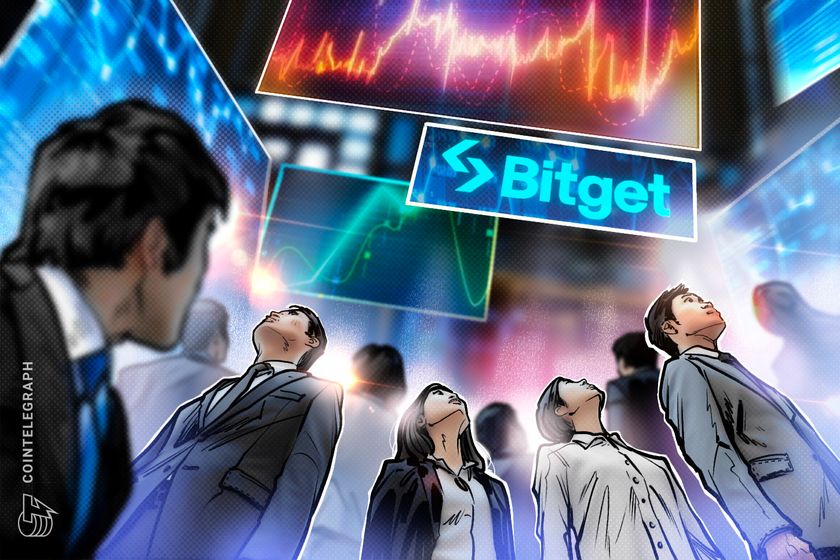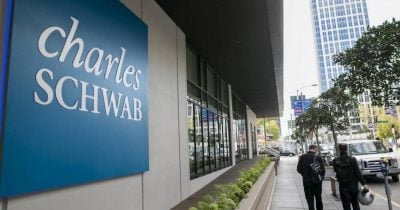84% of Employees Say They Will Tap 401(k)s for Retirement Income – How Many Actually Do?
When it comes to finally deciding to shift away from the workforce and into the retirement phase, it leads directly to many questions around how you will live financially. Unsurprisingly, several possibilities exist, and they all depend on how you saved, earned, and invested pre-retirement. According to the Retirement Confidence Survey from the Employee Benefit […] The post 84% of Employees Say They Will Tap 401(k)s for Retirement Income – How Many Actually Do? appeared first on 24/7 Wall St..
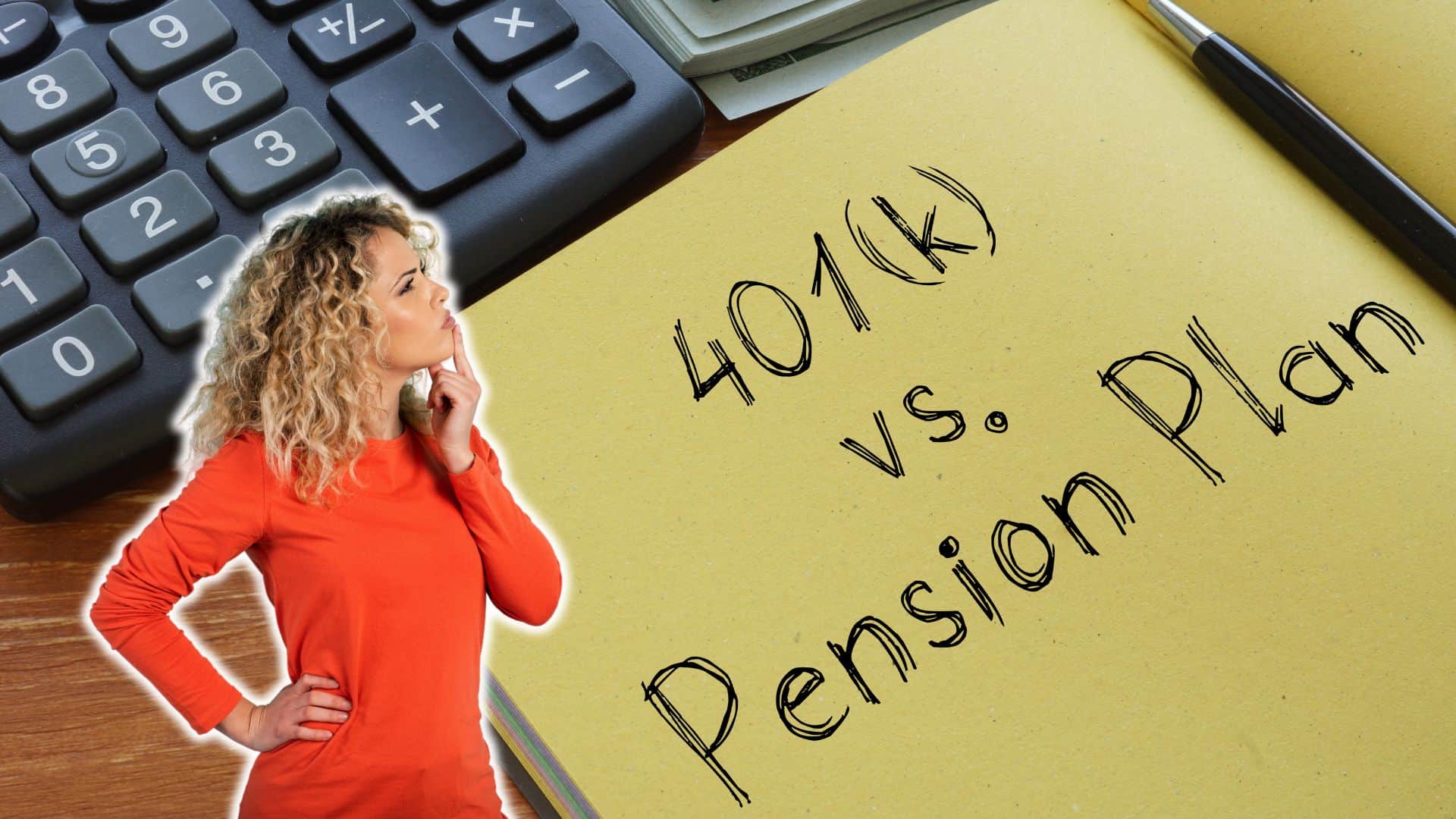
When it comes to finally deciding to shift away from the workforce and into the retirement phase, it leads directly to many questions around how you will live financially. Unsurprisingly, several possibilities exist, and they all depend on how you saved, earned, and invested pre-retirement.
This survey clearly shows a divide between workers’ and retirees’ opinions of the use of the 401(k) plan.
The hope is that you can put off using a 401(k) plan until you need to start taking distributions.
Social Security and pensions are more likely to be utilized for many retirees before taking distributions from 401(k) plans.
Are you ahead, or behind on retirement? SmartAsset’s free tool can match you with a financial advisor in minutes to help you answer that today. Each advisor has been carefully vetted, and must act in your best interests. Don’t waste another minute; get started by clicking here here.(Sponsor)
Key Points
According to the Retirement Confidence Survey from the Employee Benefit Research Institute, a whopping 84% of employees say they plan to tap into their work-sponsored 401(k) account to help them live while retired. At least, this is how many people say they will, but is this reality, or is this number inflated?
High Expectations for 401(k)
What we learn from this survey and this high percentage is that there is a definite expectation that workers plan to rely heavily on their 401(k) accounts. There is no doubt that 84% is a high percentage, indicating that workers have big expectations for how much they have invested to help them travel and live a comfortable lifestyle over the years.
While the survey doesn’t indicate how workers will use these funds, this number shouldn’t be a huge surprise. There is often confidence in employer-sponsored retirement plans as a cornerstone of the money available to retirees to travel, play, and spend their golden days without email barrages or endless meetings.
Why Are 401(k) Plans So Important
One of the more notable conclusions from this Retirement Confidence Survey is that workers consider their retirement plans very valuable. Almost one-third of those prioritize their 401(k) accounts and consider them a guaranteed income option to help fund their retirement lifestyle.
It doesn’t hurt that employers, especially those who provide matching funds, heavily prioritize this as a job benefit. The ability to automatically enroll in these plans and escalating contribution rates depending on your role has also helped drive home the message that 401(k) plans are thinking about the future, your future.
Unfortunately, not enough is known about taxes and withdrawals, but this is a concern for another day. However, when 68% of workers believe they will have enough money to live comfortably during retirement, it ties directly to the idea that their 401(k) plans will provide them with straightforward income to live on.
Of course, there is a definite argument not captured in this survey about diversifying your portfolio so a 401(k) plan isn’t your only retirement source.
How Are 401(k) Plans Actually Used
Unfortunately, anyone who thought that 84% of survey respondents actually were using their 401(k)s during retirement would be mistaken. Instead, the survey tells us that only 46% of those surveyed and already retired use a 401(k) plan as a source of income.
This means that 38% found a definite gap between what they thought would happen with their 401(k) plans and what actually did happen when the reality of retirement began to set in. In this case, it’s hard to say what exactly led to such a significant drop in use. Still, it’s fair to say that other income sources, such as Social Security, annuities, or brokerage accounts, may also have played a significant role in this survey imbalance between current workers and retirees.
This is especially true when the survey indicates that 91% of retired respondents rely instead on Social Security for retirement living.
Early Retirement
Keeping with the above thought, one more consideration might explain the 38% drop in 401(k) use: early retirement. The survey indicates that 70% of the retirees who took part retired earlier than 65, with a median retirement age of 62. As a result, there may have been concerns about tapping into 401(k) accounts too early due to potential penalties or a desire to preserve the money for use later, which could explain the survey results.
Avoiding 401(k) Accounts
Beyond early retirement, there is something else to consider around a desire for guaranteed income. In this case, you have Social Security, which has already been touched on, but another 38% of retirees also believe that benefits like pensions are a decisive factor in leaving 401(k) accounts alone.
In fact, there is a preference for using Social Security and pensions before touching a 401(k) account, which goes right back to the percentage gap between workers and retirees and how they view this account type playing a role during retirement.
The bottom line here is that there is a definite reality in which retirees may postpone utilizing 401(k) accounts to have this money set aside for use later on. The good news for fans of 401(k) accounts is that it vastly outperforms guaranteed retirement products like annuities, which only have 26% favorability compared to the 401(k )’s 84%.
What About Required Minimum Distributions?
It’s hard to discuss 401(k) results and this survey without addressing the elephant in the room: the role of the required minimum distribution, or RMDs. While the survey doesn’t specifically address this, retirees must start taking out RMDs from their 401(k) accounts (and Traditional IRAs) by age 73, based on current IRS rules.
The belief is that retirees should be tapping these accounts, and to be honest, the government wants to earn the revenue from taxes, so if you don’t use this account, you could be subject to a 25% penalty on whatever amount you were supposed to withdraw. This could explain why some retirees are holding off on using 401(k) accounts as they don’t want to pay an increase in taxes until they have no other choice.
On the other hand, there is no question that 401(k) plans can help fill in any income shortfalls for those who rely more on Social Security and pensions, especially when the survey indicates that 78% of respondents are concerned about how inflation will impact their retirement planning. If this all sounds confusing, you are not alone, as when and how to use 401(k) plans are only more confusing due to this survey.
To add even more confusion, an additional concern the survey also touches on is the hope that some of a retiree’s 401(k) plan can be preserved to establish an inheritance for future generations. According to the results, two-thirds of respondents want to develop some inheritance plan for children or grandchildren, and RMDs only complicate this goal.
Ultimately, 401(k) accounts should not go untouched, as the taxes are arguably lower than the penalty. This should lead to the argument that using a 401(k) account doesn’t have to happen as soon as you retire (as the survey results show), but it does have to happen at some point. The big takeaway is that putting off tapping into a 401(k) isn’t a terrible or unpopular idea, so long as you have other income sources.
The post 84% of Employees Say They Will Tap 401(k)s for Retirement Income – How Many Actually Do? appeared first on 24/7 Wall St..




